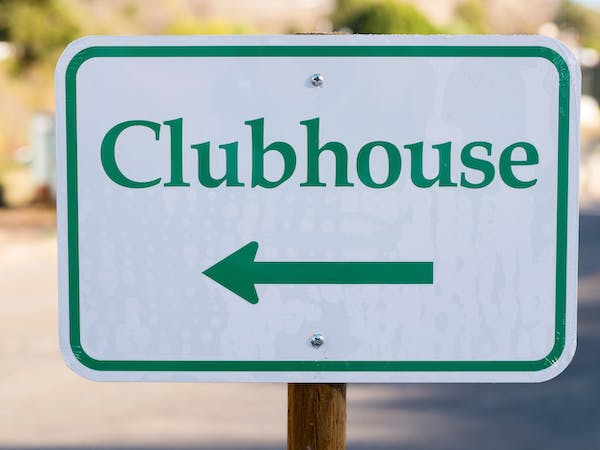
In recent years, social media platforms have evolved from mere communication tools into spaces where communities can form, connect, and support one another in ways that were once unimaginable. One of the most intriguing developments in this realm is the use of Clubhouse—a voice-based social networking app—as a platform for addiction recovery support. As the pandemic and its aftermath have increased the need for accessible mental health and addiction resources, Clubhouse has emerged as a new frontier in the battle against addiction.
Clubhouse is unique in its structure. Unlike traditional social media platforms, which often rely on text or visual content, Clubhouse is built around audio conversations. Users can join or create “rooms” to discuss a wide range of topics, from business and technology to health and wellness. These rooms are not recorded, creating a sense of privacy and intimacy that encourages open dialogue. For many, this has made Clubhouse an appealing space for discussing sensitive topics like addiction and recovery.
The app’s real-time, interactive nature offers a level of immediacy that is particularly valuable for those in recovery. Traditional support groups, such as Alcoholics Anonymous (AA) or Narcotics Anonymous (NA), have long relied on in-person meetings to provide peer support. However, the COVID-19 pandemic forced many of these groups to move online, often using platforms like Zoom. While effective, these platforms can feel impersonal or rigid, lacking the spontaneity of face-to-face interactions. Clubhouse, on the other hand, replicates the casual, conversational atmosphere of in-person meetings, allowing users to engage in real-time discussions, ask questions, and share experiences in a fluid and dynamic environment.
One of the most significant advantages of using Clubhouse for addiction recovery is the sense of community it fosters. Many users report that the platform helps them feel less isolated in their struggles. By joining rooms dedicated to recovery, individuals can connect with others who understand what they are going through, offering and receiving support in a way that feels both organic and empowering. The diversity of rooms also means that users can find a space that resonates with their specific needs, whether they are looking for advice, motivation, or simply a place to share their journey.
Moreover, Clubhouse has attracted experts in addiction recovery, including therapists, counselors, and life coaches, who use the platform to offer guidance and support. These professionals can provide valuable insights and answer questions, making expert advice more accessible to a broader audience. The ability to interact directly with experts can be a game-changer for those who may not have access to traditional therapy or counseling.
However, it is essential to acknowledge the potential drawbacks of using Clubhouse for addiction recovery. The platform’s open nature means that anyone can join or create rooms, which could lead to misinformation or harmful advice being shared. Additionally, the lack of moderation in some rooms might result in discussions that are not always supportive or constructive. Users need to be discerning in the spaces they choose to engage with and critical of the information they receive.
Despite these challenges, Clubhouse represents a promising new era of support for those navigating addiction recovery. Its combination of real-time interaction, community-building, and accessibility offers a unique resource for individuals seeking help. As more people turn to digital spaces for support, Clubhouse could play a crucial role in shaping the future of addiction recovery, providing a lifeline for those who need it most.







